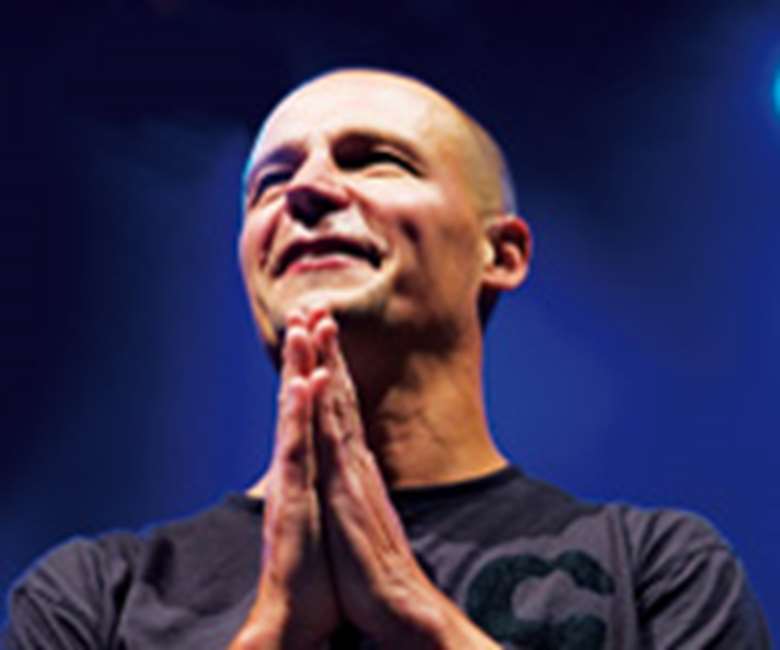Esbjörn Svensson - Reminiscence of a soul
Wednesday, August 6, 2008
The tragic death of Esbjörn Svensson, at the age of just 44, in June robbed jazz of one of its most progressive and influential musicians. In just over a decade with EST he changed the face of the piano trio stretching and challenging the format and in turn directly influencing a whole new generation of jazz musicians. At the same time he introduced both a postmodern European sensibility to the band and the innovations and new sounds of rock and electronica channelled through the unique prism of Svensson’s improvisational ideas. Stuart Nicholson pays tribute to Esbjörn and looks back on a career studded with remarkable achievements.


Register now to continue reading

Thank you for visiting Jazzwise.co.uk. Sign up for a free account today to enjoy the following benefits:
- Free access to 3 subscriber-only articles per month
- Unlimited access to our news, live reviews and artist pages
- Free email newsletter